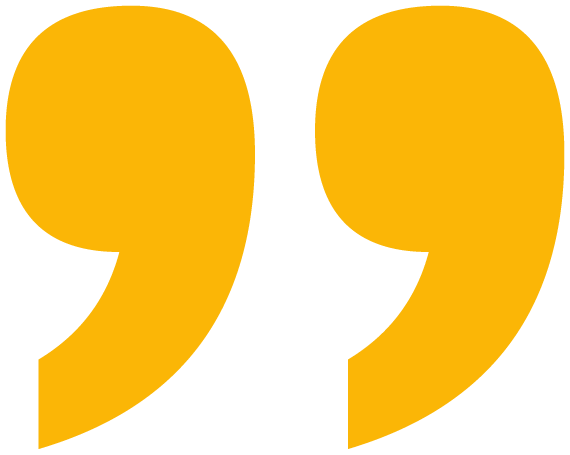Latest News

Categories
- Mortgages
- Insurance
- Investments
- KiwiSaver
- On the Lighter Side
- Your Money
- UK Pensions
- Australian Pensions
Recent Articles
Compound Interest the Eighth Wonder of the World
“Compound interest is the eighth wonder of the world. He who understands it, earns it. He who doesn’t, pays it.”
This well-known saying is often attributed to Albert Einstein, although no one can prove he ever actually said it. Regardless of its origins, the truth behind the words is clear: compound interest is one of the most powerful forces in finance. It works for you when you invest, and against you when you are in debt.
What is compound interest?
Put simply, compound interest means you earn interest not just on your initial investment but also on the interest that builds up over time. It is money earning money, creating a snowball effect.

Compound interest is the eighth wonder of the world. He who understands it, earns it. He who doesn’t, pays it.

Why compound interest matters
- It helps investments grow faster than simple interest.
- It also makes debt grow faster if repayments are not managed.
- Time is the key factor — the longer compounding works, the greater the effect.
How compound interest works in your favour
Imagine investing $500 a month into a fund returning 6% annually. Over 20 years, you would not just have your $120,000 in contributions. With compound growth, your investment could be worth around $230,000.
That is an extra $110,000 simply from time and compounding working together.
Benefits of investing with compound interest
- Your money begins to generate earnings on past earnings.
- Even small, regular contributions add up significantly over time.
- Starting earlier multiplies the effect.
How compound interest works against you
Now picture a credit card debt of $10,000 at 20% interest. If only the minimum repayment of around 3% is made each month, the balance reduces so slowly that most of what you pay goes straight into interest.
At that rate, it could take more than 20 years to clear the debt, and you could pay back over $25,000 in total. That means more than $15,000 is lost to interest alone.
Even worse, if you keep using the card while only paying the minimum, the debt can feel endless.
The hidden cost of credit cards
- High interest rates compound against you.
- Minimum payments barely reduce the principal.
- Borrowers can repay double or more than the original balance.
A side-by-side comparison
Here is how $10,000 can look over 20 years:
| Scenario | Starting Balance | Interest Rate | Outcome after 20 years |
|---|---|---|---|
| Investing $10,000 | $10,000 | 6% annual return | $32,000+ |
| Carrying $10,000 of credit card debt | $10,000 | 20% annual rate, minimum payments | $25,000 repaid, with $15,000 lost to interest |
The key lesson
Compound interest is neutral. It does not care if it is working for or against you. The difference comes down to choices: investing early, being disciplined, and managing debt wisely.
How Hallam Jones can help
At Hallam Jones, we guide our clients to make compound interest their ally. Whether it is structuring your investments, planning for retirement, or tackling debt, our advisers will help you set a strategy that makes time and compounding work in your favour.
The sooner you start, the bigger the impact.
👉 Ready to put the eighth wonder of the world to work for you?

Mark Jones
Director
Principal Adviser
Simply give Mark Jones a call on 0800 404 202 or send him a message.
This content has been provided for information purposes only and is not intended as a substitute for specific professional advice on investments, financial planning or any other matter. Read our disclaimer notice and privacy statement.





